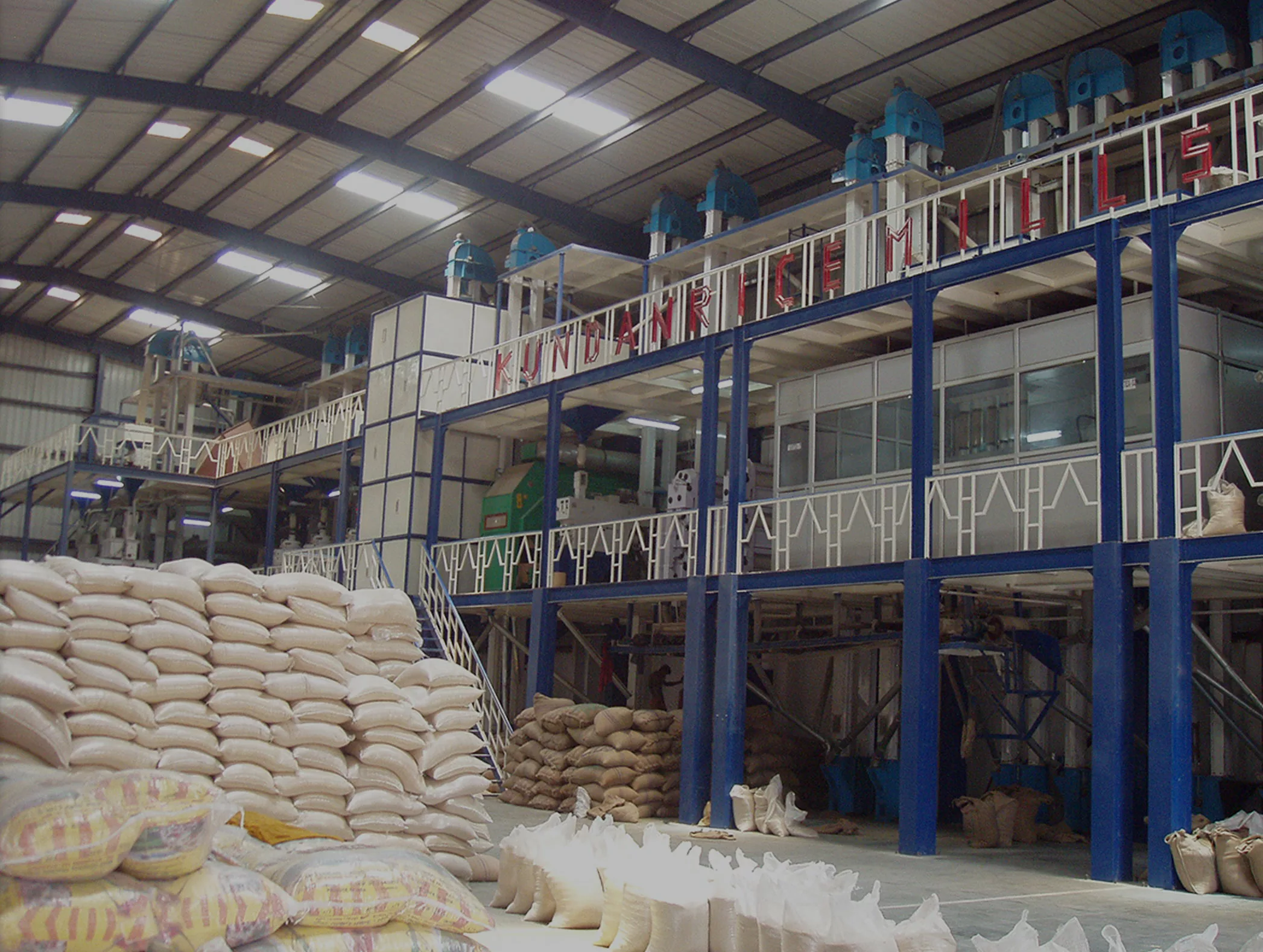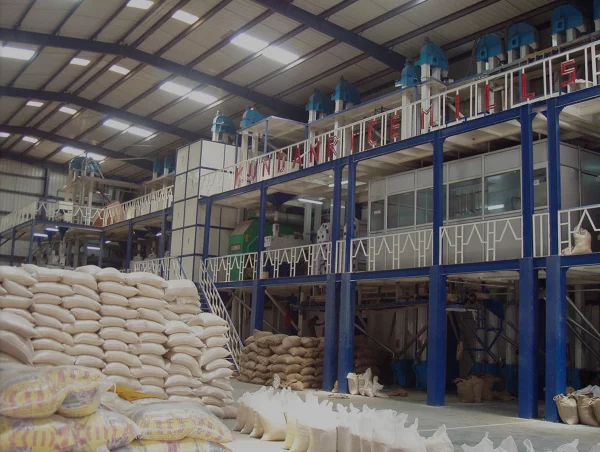There’s a very high demand for rice in Nigeria. Although much of this demand is met by imports, the country does produce several million tons of grain annually. However, the storage and processing facilities that currently exist in Nigeria are not sufficient for catering to the quantity of rice grown on paddy fields. As a result, the rice milling business in Nigeria can be quite lucrative.
Read more about Opportunities
The success of a rice mill greatly depends on its location. If it’s situated close to a community that grows the crop, it’s easier to access or receive grains for milling. Transportation networks also have to be decent enough to allow for the movement of rice from mills to cities. In this article, we will explore the best states in Nigeria to start a rice milling business, beginning with a brief overview of rice milling.
What is a Rice Mill?
A rice mill is a facility that processes rice and readies it for sale to markets. Processing involves cleaning grains, de-husking, polishing, grading, and then packaging rice for sale to consumers.
What Are Some Well-Known Rice Mills in Nigeria?
Well-known rice mills in Nigeria include WACOT Rice, Anambra Rice Mill, Imota Rice Mill, BUA Rice Mill, Dangote Rice Mill, Onyx Rice Mill, and Olam Grains Factory. This isn’t a comprehensive list of rice mills in the country.
What Do You Need to Set Up a Rice Mill?
You will need land (at least a plot) to dry paddy rice after it is harvested. You should also have the following: a de-huller, boiling tank, cleaning facilities, a polisher, a bagger, weighing scales, and wheelbarrows.
How Much Does it Cost to Establish a Rice Mill in Nigeria?
Cost estimates for setting up a rice mill in Nigeria vary widely and depend on several factors. One thing to consider is your location. Another is the scale of the mill you want to establish. Cottage mills (small scale) may cost at least ₦2 million. Medium to large-scale rice mills could require a minimum capital outlay of ₦100 million.
What are the Best States to Set Up a Rice Milling Business?
Given what we’ve said about the appropriate location for a rice mill, the best states to establish such a business in Nigeria would be the ones that grow a lot of rice. Accordingly, our list consists of some of the biggest rice-producing states in the country.
Sign up for the Connect Nigeria daily newsletter
Kebbi State
Kebbi produces the most rice of any state in Nigeria. Annual rice yield from Kebbi is currently put at 3.5 million Metric Tons (MT). Within the state, the crop is grown in places such as Birnin-Kebbi, Yauri, Jega, Argungu, Auri, Tsanga, and Ngaski, among others. Some of the biggest rice mills in Kebbi State are WACOT, Labana, and WAGO.
Jigawa State
Jigawa is the second-largest rice output of Nigeria’s 36 states. It was expected to produce 1.6 million MT of grain in 2024. Rice farms are situated in several Local Government Areas, including Hadejia, Ringim, and Kaugama. Major rice mills in Jigawa include Dangote Rice Mill, 3 Brothers, and Jigawa Rice Mill.
Kano State
Kano State has an annual rice output of about 1.6 million MT. Key production areas in the state include Kura and Tudun-Wada. Notable mills there are Gerawa Rice Mill, Rano Rice Mill, and Tiamin Rice Mill.
Benue State
Benue’s rice farms yield at least 1.2 million MT of grain per year. This makes it one of the largest growers of the crop in Nigeria. Local Government Areas such as Buruku, Guma, Katsina-Ala, and Agatu are renowned for rice production. The Gboko and Otukpo rice mills are among the best-known in the state.
Ekiti State
Ekiti is the largest producer of rice in South Western Nigeria, with an annual yield estimated at 300,000 MT. Much of it comes from six local government areas: Ijero, Ekiti West, Gbonyin, Emure, Ifelodun, and Ekiti Southwest. Entrepreneurs who want to establish a rice mill in southern Nigeria should closely consider Ekiti, as it only has a few decent-sized mills.
Register to attend the CN Business Mixer
Final Words
Of the many business opportunities in the agro-allied sector, rice mills promise some of the best returns. The rice milling business may require a fair bit of investment to get going, but the rewards from it will be worth every naira committed if your planning and location are right.
Got a suggestion? Contact us: [email protected]


